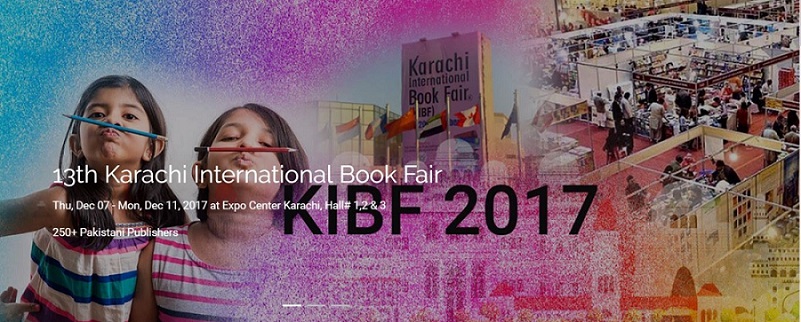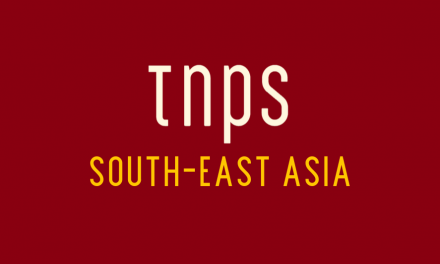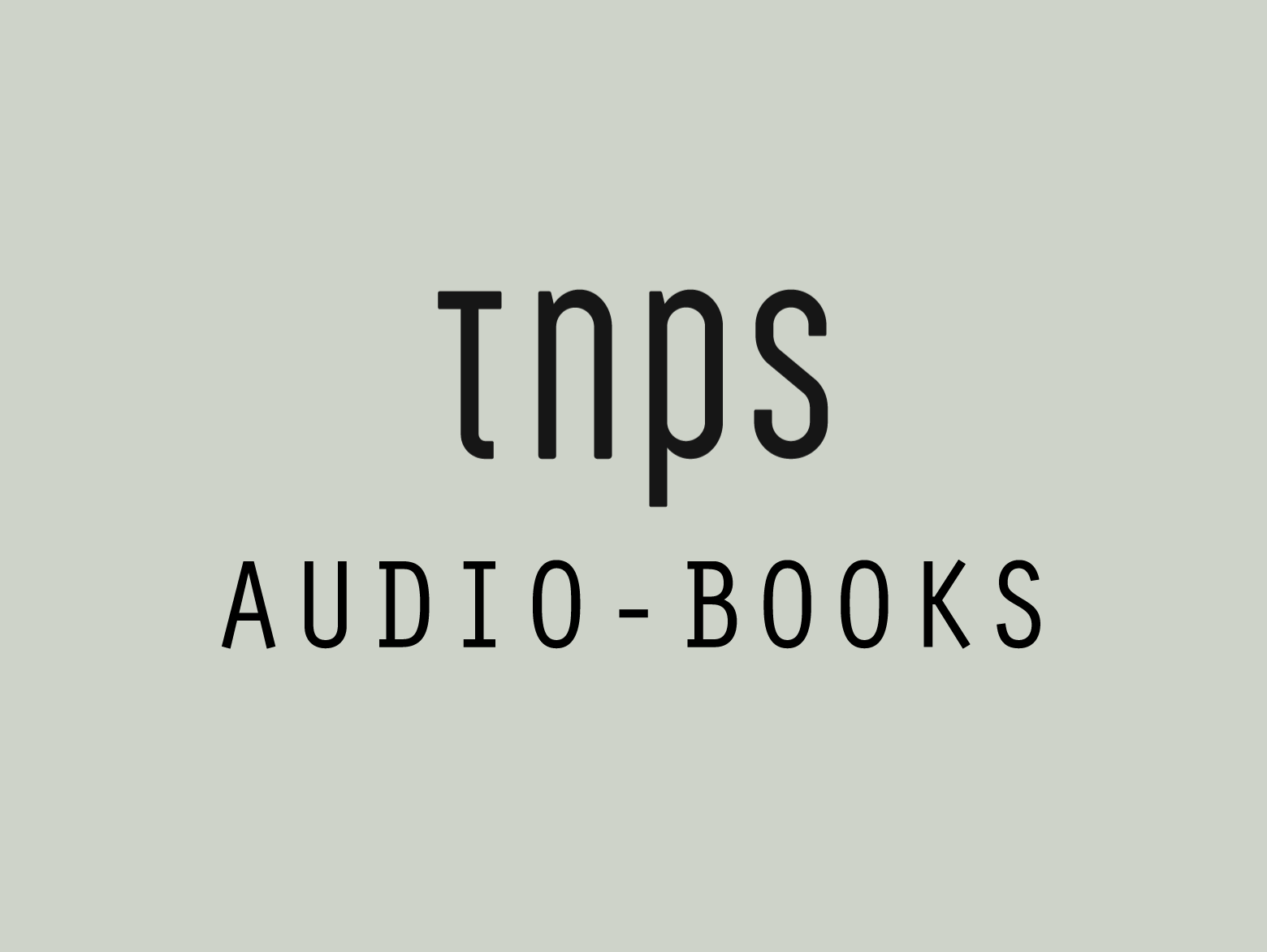What is up with the youth of today? Don’t they understand that reading is something you have to do – a daily chore – not something you choose to do because it is pleasurable?
The Amman International Book Fair in Jordan has just wound up, and I’ll update this post with any juicy statistics and news from the regional media that deign to cross my desk, but meantime two developments from the fair stood out for me this year.
The Sharjah Book Authority | هيئة الشارقة للكتاب was of course at Amman, but what made this year’s presence notable was the efforts by the SBA to coordinate future book fair events across the region.
During a meeting that included Haitham Younis, Head of the Central Administration for Exhibition Affairs in Egypt, Bashar Jassim, Director of the Bahrain International Book Fair, and Mukhtar AlKhalidi, Director of the Algiers International Book Fair, the SBA discussed cooperation opportunities in organising exhibitions.
Fadel Hussein Bussaim, Director of SBA in Sharjah’s eastern region, explained, “SBA is committed to participating in international book fairs to enhance cooperation with our publishing industry partners, share experiences and insights, and offer prime opportunities to Arab and international authors and publishers. We invite them to partake in Sharjah’s cultural events, leveraging our advanced infrastructure in the creative sector to explore new avenues for expanding their reach into global markets.”
We hear such sentiments often, but with Sharjah they have a resonance beyond idle chatter, because as I said earlier this month, “Sharjah is unlike anything publishing has ever witnessed before. A city-state that emerged from the emptiness of the Arabian desert to become one of the most powerful forces in modern publishing. A city-state that reveres books and publishing, that has our industry almost literally in its DNA.“

Attracting two million visitors a time, the Sharjah International Book Fair, which this year kicks off November 1, is just one of a series of autumn-winter book fairs happening in the Arab region that define an emerging realignment of the balance of power in global publishing, for so long centred on the Atlantic axis of New York/London/Frankfurt.
Book Expo America of course is no more, and US rising stars the PW Book Show and Digital Book World have yet to establish themselves as North America’s go-to international publishing events, although that’s slowly happening. Frankfurt is without a doubt this year’s pre-eminent publishing fair, with Bologna close behind, while London has become a fart in a colander, not knowing which hole to go out of. And it will become Europe’s BEA, unless it very soon gets its act together.

Bologna and Frankfurt can carry the flag for Europe, and PW Book Show and DBW for North America, but much of the rest of the world, outside the Beijing and Shanghai fairs in China, has mostly not had a meaningful publishing focal point or cheerleader.
That has changed with the emergence of Sharjah as a regional hub that not just counter-balances New York/Frankfurt/Bologna and puts the Arab markets on the publishing map, but embraces the “rest of the world” that western publishing has for so long marginalised. From Africa to East Asia to South America, it’s hard to find an international book fair or industry event that Sharjah is not engaged with.
And this engagement goes far beyond merely lining up exchange markets for Arab content. Sharjah is not solely self-interested. Sharjah has taken the playbook of Frankfurt and Bologna in attempting to bring together the global markets, but on a scale unimaginable last decade, thanks to Sharjah’s immense resources. But money alone is not the key here. What’s so different is that this is backed by a genuine commitment to the global publishing industry the like of which western publishing is still struggling to come to terms with, even after Bodour Al Qasimi ‘s four year stint as vice president and then president of the International Publishers Association – IPA.
And it’s not just Sharjah. Right now, the Riyadh International Book Fair is underway in Saudi Arabia, where one million visitors are expected to check out the offerings of 1,800 publishers from more than thirty countries. Among the special exhibits this year is a Torah manuscript, in Hebrew, a sure sign of the way Saudi Arabia is re-positioning itself in the eyes of the publishing world.
And Algeria, improbable home to an international book fair that also regularly pulls in two million visitors, this year has the entire African continent as its Guest of Honour, marking the tenth anniversary of the death of Nelson Mandela, and reflecting an embrace of cultural identities that finally fully encompasses the country’s geography and history as both an Arab and an African nation.

Algeria recently became a host to the YouScribe digital books subscription service, adding to the million subscribers YouScribe has already collected across the continent.

Across the Arab region digital reading is growing fast, despite the big western digital books players being mostly indifferent to the region’s exciting potential.
Smaller western players like Storytel are of course there.

And many domestic and regional start-ups now pervade the Arab publishing scene. Far too many to even attempt to list here, but let me use this screen shot from my LinkedIn feed to give one example. Ali Abdel-moneim’s Arabookverse is just the most recent example I’m aware of. Kudos to Jens Klingelhöfer and Bookwire GmbH for helping make it happen!

But the region faces an uphill battle, as in so many so-called “emerging markets”, because so many publishing professionals and third parties still simply do not “get” digital reading, and still live in a twentieth century bubble where a book isn’t a book unless it made of paper and ink.
Which brings us to this post’s headline, “Put down the iPad, pick up a book is the wrong message for Arab kids,” arising from a report in Jordan News about the just concluded Amman International Book Fair.
“In today’s digital age,” writes Roaa Rayyan, “a new term has emerged in conversations among parents: “iPad kids.” This term refers to children who are constantly immersed in their screens, seemingly disconnected from the world around them. For the age group ranging from 9 to 17, the book fair provides an excellent opportunity to engage children, tweens, and teens in reading and steer them away from the digital realm.“
Roaa Rayyan, of course, is a digital journalist, so needs no lessons in the digital reading option. Rather, I suspect, Rayyan’s comment about steering children away from the digital realm and towards reading reflects the sombre reality that, with a few exceptions, like the UAE’s Kalimat Group which has led the field, Arab publishers have yet to meaningfully embrace digital books opportunities for children.
Many children of course prefer printed books, even when they have the option, as we know from the mature western markets, and parents’ biases reinforce that. And no question some children’s books simply do not work well on a screen, and others cannot work at all on a screen. But at the other end of the spectrum, many do, and it behoves Arab publishers to offer parents and children the option.
Rayyan makes the point that Arab content for children “often lacks literature that resonates with their lives,” and that “those who do read tend to gravitate towards popular books aimed at older youths, which may contain inappropriate content, raising concerns for parents.” That, of course, something Arab publishers must themselves remedy. Digital can help.
But Arab publishing’s default position across much of the region is still that digital books – ebooks, audio, online reading – are a sideshow, and that a book is not a book unless you can hold it in your hand and turn pages covered in inky marks defined as words. The exact same text, on a screen, somehow ceases to be a book and instead becomes an undesirable non-reading experience.
No matter that a child (or indeed an adult) with a reading device – be it an iPad, other tablet, smartphone or ereader – can have an entire library at their fingertips 24/7. It’s not proper reading!
Nothing unique here to the Arab markets. Across the globe – including the key western markets – we’ve been through a similar process of denial and resistance to digital reading and social media. In the UK and western Europe such sentiments are now mostly in the rear-view mirror, and the huge revenues rolling in to publishers from digital is testament to that. But elsewhere, across MENA and beyond, many are still in that Luddite phase, eyes tight shut.

Allow me to quote a few paragraphs from the above post from 2022, as it has so much resonance to what is happening in the Arab markets today and with the “Put away your iPad and pick up a book” message emanating from Amman.
“Monitoring the international publishing scene can be depressing at times. A lot of times.
“Because even in the 2020s a common theme being touted by events organisers, culture ministers, publishing execs and other authoritative figures that really should know better, is that young people are not reading because they are too busy with their mobile phones, wasting time on social media when they could be reading a dry, dull-as-possible, micro-font text book written for a 1950s audience.
“What is up with the youth of today? Don’t they understand that reading is something you have to do – a daily chore – not something you choose to do because it is pleasurable?
“It’s no coincidence that this nonsense is being perpetuated in the least dynamic book markets, while conversely, the dynamic book markets openly embrace social media, digital reading and the accessibility of mobile devices to expand reading.
“This past week a useful survey from the UK Publishers Association (it happens!) took in the opinions of over 2,000 16-25 year olds (the so-called Generation Z) and confirmed what most of us in the western book markets are already acutely aware of – that social media drives reading and drives book sales.”
And no, #BookTok and other social media in publishing are not peculiar to the mature western publishing markets, as I reported back in March, when Saudi Arabia clocked over 440 million #BookTok views in six months.

More significantly still, while Rayyan’s report from Amman suggest continuing resistance to digital, the Saudi report paints a very different picture.
“The first Al-Sharqiya Book Fair is running (March 2-11) in Saudi’s Eastern Region, and in a first for the Kingdom, #Booktok is an official part of the programme, with “a dedicated landing page with content by #BookTok creators from Al-Sharqiya Book Fair, including author talks, video book reviews, literary discussions and glimpses of the fair itself.”
(If anyone is aware of similar happenings at the Riyadh International Book Fair right now, do let me know.)
Further west, in Egypt, the Cairo International Book Fair, in most years the biggest in the world, has been encouraging digital exploration. This example from 2022:

And it goes without saying Sharjah has been a leading light in the recognition of digital as critical to Arab publishing’s future. This from 2020:

But for every example of Arab publishing markets embracing what digital can offer, there are dozens more showing that the message is not getting through.
That’s a tragedy in a region of 230 million internet users. This just the core Middle East (exc. Iran and Israel), plus internet users on the Mediterranean Arab coast. There are of course many more Arabic-speakers online in the wider North African region (33 million just in Sudan) and around the world.
In a region as topographically challenging as the Arab markets, where infrastructure varies from better than First World to among the worst in the Third World, the publishing industry’s best bet for a unified Arab publishing market that can take its rightful place in the international publishing arena, is to embrace all that digital has to offer, including the latest developments in generative and conversational AI.
Those still not convinced might want to follow Ahmed Rewihel, Sherif Bakr and Ali Abdel-moneim on LinkedIn to keep ahead of the Arab publishing game (with apologies to the many other Arab publishing leaders also hot on digital opportunity in the MENA markets that I don’t have time to list).
#Arabbookmarkets #Arabpublishing #MENAbookmarkets #MENApublishing





